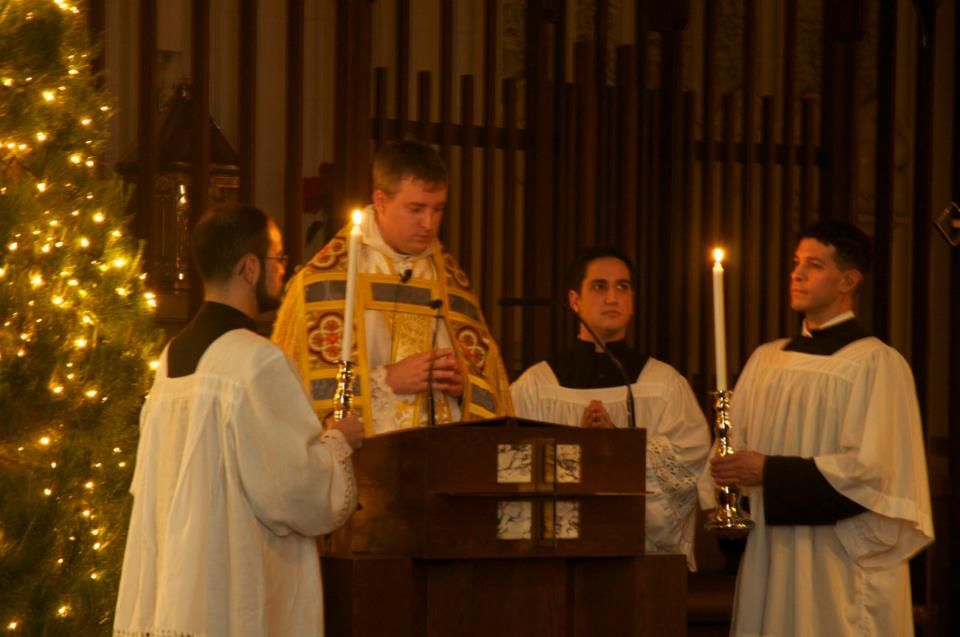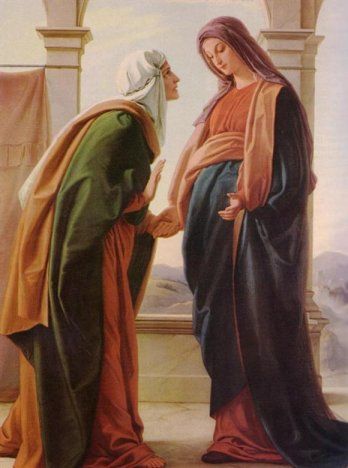26 December -- ". . .on the feast of Stephen. . ."
"Wenceslaus" fits nicely on the pipe scale, I might add.
In Ireland St Stephen's Day was the day for hunting the wren, an old custom that almost died out and with a few changes is making a come-back:
More here.There, it was the feast of St. Stephen or Wren Day. At one time, groups of small boys would hunt for a wren, and then chase the poor bird until they either caught it or it died from exhaustion. It was then tied to the top of a pole or holly bush, which was decorated with ribbons or colored paper. Early in the morning on St. Stephen's, the wren was carried from house to house by the boys, who wore straw masks or blackened their faces with burnt cork, and dressed in old clothes. At each house, the boys sang the Wren Boys' song. There are many versions and variations, including the following:
The wren, the wren, the king of all birds,
On St. Stephen's Day was caught in the furze,
Although he is little, his family is great,
I pray you, good lady, give us a treat.
My box would speak, if it had but a tongue,
And two or three shillings, would do it no wrong,
Sing holly, sing ivy - sing ivy, sing holly,
A drop just to drink, it would drown melancholy.
And if you draw it of the best,
I hope in heaven your soul will rest;
But if you draw it of the small,
It won't agree with these wren boys at all.
Often, those who gave money were given a feather from the wren for good luck and then the money that had been collected was used to hold a dance for the entire village.
.
































